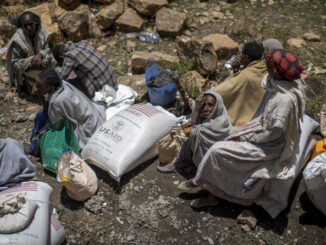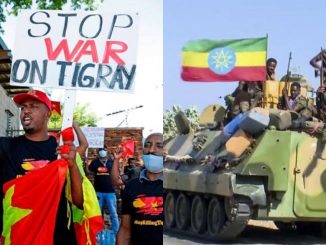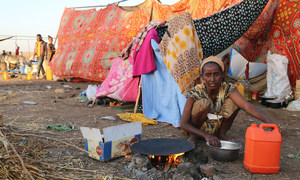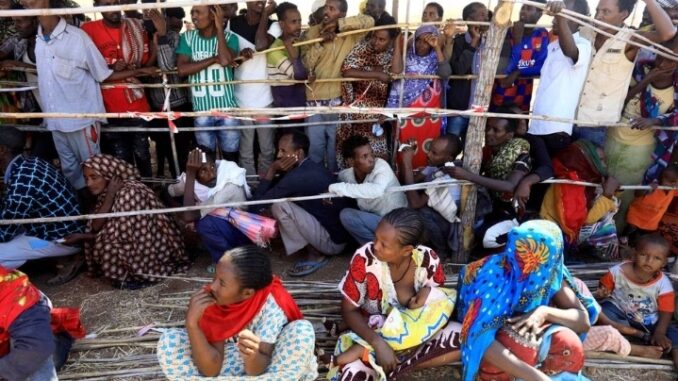
Thousands died in a two-year conflict between the government and regional forces from Tigray, which formally came to an end in November last year. Both sides accused each other of atrocities, including massacres, rape and arbitrary detentions, but each denied responsibility for systemic abuses.
The International Commission of Human Rights Experts on Ethiopia (ICHREE), created by the U.N. Human Rights Council in 2021 after a motion submitted by the European Union, said last month that war crimes and crimes against humanity were still being committed in Ethiopia.
But strong African opposition appears to have deterred proponents from seeking another mandate, diplomats said. The mandate was renewed last year only by a small margin.
ALSO READ: Kenya: President Ruto reshuffles cabinet, swaps foreign affairs minister
Ethiopia, which denies committing widespread abuses, has strongly opposed the investigation and tried to cut its work short. It has instead promoted its own national justice policies as the preferred avenue of inquiry – an approach the U.N. commission described as “deeply flawed”.
Asked for comment on Wednesday, Ethiopian government spokesperson Legesse Tulu responded by text message: “This is the end of (ICHREE’s) history (in) Ethiopia.” He later added: “There is no need to talk about a dead end.”
EFFECT ON DONORS
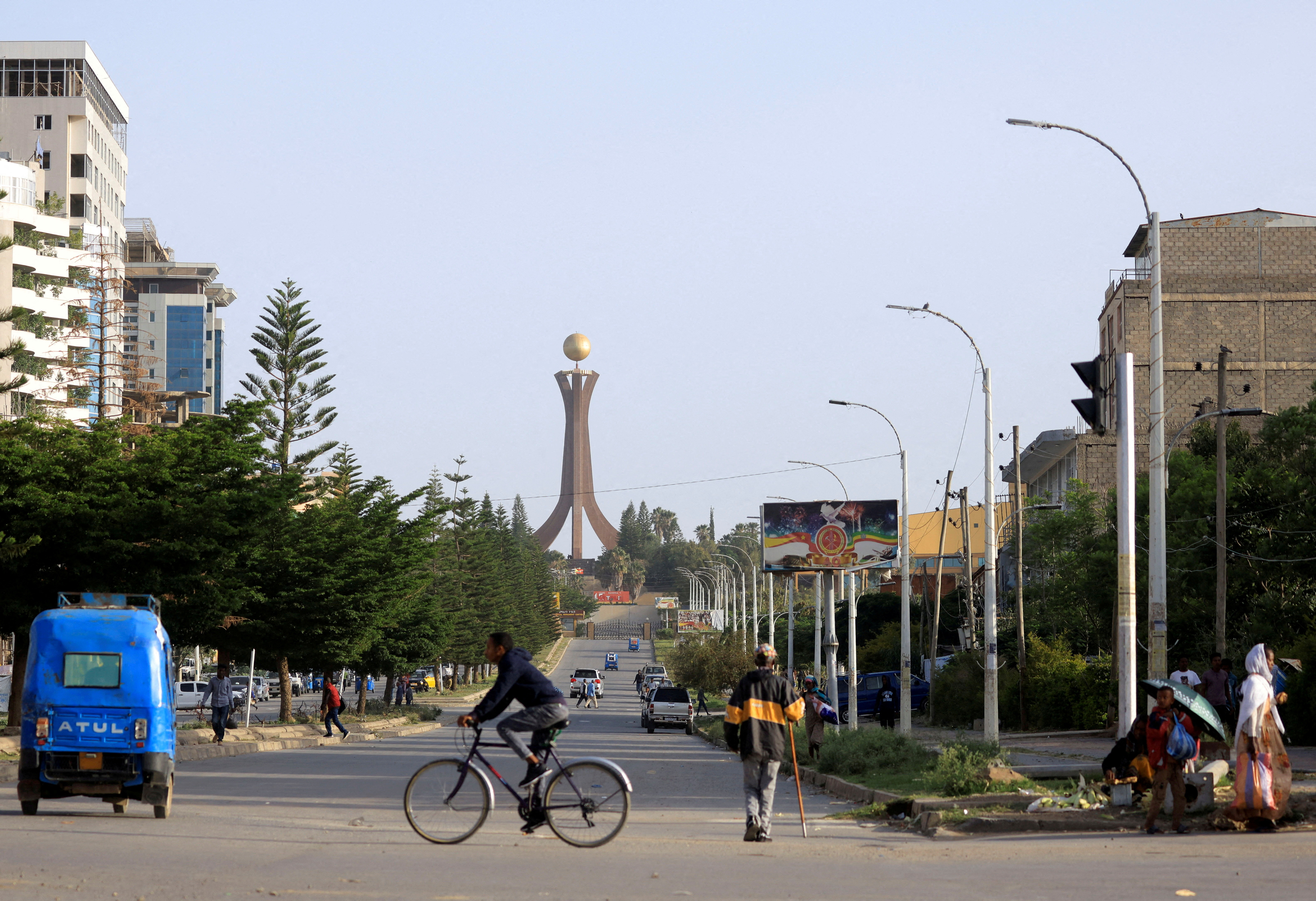
Since the end of the war in Tigray, Ethiopia has been working to repair relations with major donors who had curtailed economic assistance over the conflict.
On Tuesday, the EU pledged a $680 million aid package that it had delayed in 2021 due to the war and said the two sides were working to “gradually normalise relations”.
A European diplomat said the EU expected Ethiopia to implement a robust and transparent “transitional justice policy, deal with prosecution and enhance accountability, in line with regional and international human rights standards.”
“We expect quick and tangible progress in the coming months, also in view of the next session of the Human Rights Council,” the diplomat said, referring to the session beginning in February next year.
“Lack of progress could jeopardise the ongoing gradual normalisation of relations between the EU and Ethiopia.”
In an analysis released on Tuesday, the U.N. commission concluded there was a high risk that atrocities would continue in Ethiopia, citing recent fighting in the Amhara region and failures to hold people accountable for crimes in Tigray.
Commenting on the lapsing of the investigation, Lucy McKernan, who follows U.N. human rights mechanisms for Human Rights Watch, said: “Having no resolution is scandalous in the face of the report of the experts that was just published.”
Physicians for Human Rights, a New York-based advocacy group that uses science and medicine to document and campaign against mass atrocities, deplored the failure to renew the mandate, Reuters said.
“Without the comprehensive and sustained independent investigation that ICHREE has been providing there can be little hope that survivors, their families and communities can be healed and receive justice,” said Saman Zia-Zarifi, the group’s executive director.


